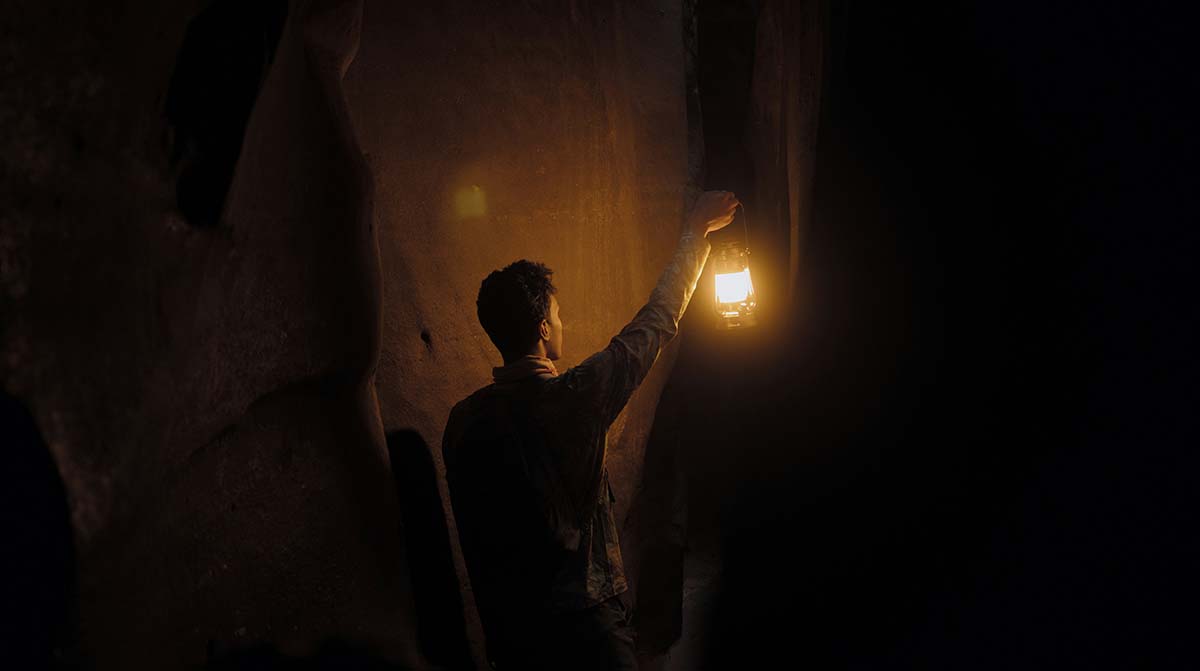September 22, 2025
If you strip life down to its simplest lesson, Kant may have nailed it here. All of our knowledge, every insight, every perspective, every opinion we cling to, started with something we lived through. It’s one thing to read about rain; it’s another to get caught in a downpour without an umbrella. It’s one thing to hear about patience; it’s another to sit in traffic while your kid’s soccer game is starting and you can’t do anything about it.
Kant reminds us that our minds don’t grow in a vacuum. They grow in the messy, unpredictable, sometimes hilarious (and sometimes humiliating) moments that pile up every day.
The Classroom of Real Life
When I think about the things I really know, not facts I memorized, but truths I actually carry, it almost always comes back to experience. I know what exhaustion feels like not because I studied it in a psychology textbook, but because I’ve rocked a baby at 3 a.m. after a long day of work. I know what resilience looks like because I’ve been rejected, embarrassed, or just plain worn down, and I’ve gotten back up anyway.
Experience is life’s most stubborn teacher. It doesn’t always hand you the lesson plan ahead of time. Sometimes it lets you fail spectacularly before you realize what you were supposed to learn. Other times it sneaks the wisdom in so subtly that you don’t realize you’ve changed until years later.
The Limits of Secondhand Knowledge
We can read books, watch tutorials, or listen to lectures, but there’s always a gap between “knowing” and “knowing.” The first kind is intellectual, it lives in your head. The second kind is lived, it gets stored in your bones. Kant is pointing us toward that second kind.
Think about it: you can’t really know what heartbreak is until you’ve had your own heart broken. You can’t really know the joy of forgiveness until you’ve both needed it and received it. And you can’t really know gratitude until you’ve been without something you usually take for granted.
The Role of Small Experiences
It’s not just the big, dramatic events that teach us either. The small experiences matter too. Sometimes it’s the sound of your kid laughing in the other room that teaches you joy. Or the moment you spill coffee on your shirt right before a big meeting that teaches you humility. Or even those Saturday mornings with cartoons and cereal, because yes, those count. They shape your imagination in ways you only recognize years later.
Living With Open Eyes
If all knowledge begins with experience, then maybe the best way to keep learning is to keep paying attention. To treat today not as something to get through, but as a teacher showing up in disguise.
Some of today’s experiences will be frustrating. Some will be funny. Some will be forgettable. But somewhere in there will be the seeds of something you’ll carry forward, something you’ll call “knowledge” later.
So maybe Kant’s challenge isn’t just to recognize where knowledge comes from, but to keep our eyes open to the lessons hiding in plain sight. After all, life never really stops teaching. The only question is whether we’re paying attention.
🧠 Read the full blog post where I explore this Thought of the Day and the Question of the Day
🧭 More Thoughts to Reflect On
- What doesn’t transmit light creates its own darkness.
- When you think you are too old to do something new remember you will never be younger than you are right now.
✨ Browse the full Thought of the Day archive here →
✉️ Receive These Thoughts Daily
Start each day with a moment of meaning.
Sign up for the daily email.
💬 Share Your Interpretation
How does this thought hit you today?
Feel free to share it or just carry it quietly through your day.
